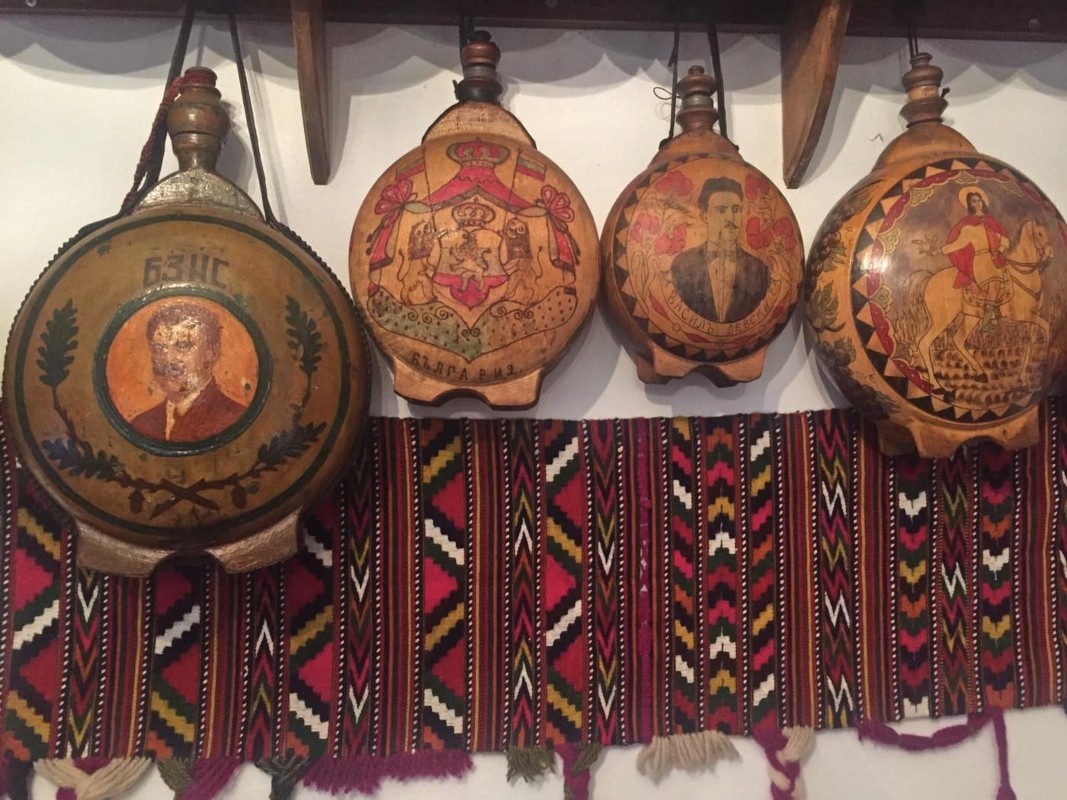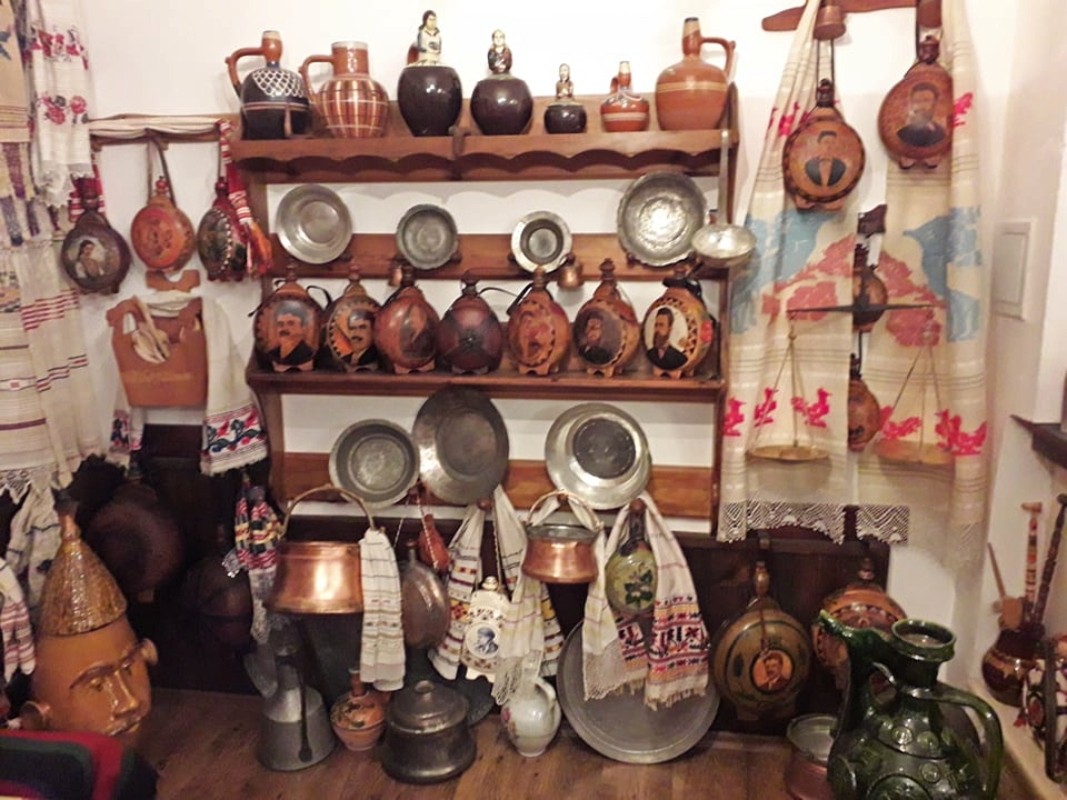For more than 40 years Rumyana Pencheva has been collecting authentic old household items crafted in Bulgaria through the years. Now she is owner of what is probably the biggest private collection of household articles in the country. Looking back over the years she says that her love of all things beautiful has been with her all her life.
“I don’t remember when I started collecting all of these things, I must have been 16-17 and still at school. One of my first items was a wooden wine vessel belonging to my grandparents with a portrait of Hristo Botev stamped on it. And even though I now have bigger and more beautiful vessels like it, it is still the one I love best because it is a throwback to my childhood,” Rumyana Pencheva says.

Rumyana got her first items from friends and relatives, then she started buying. She remembers the times when old things were sold at roadside stalls and markets. She gradually found out where to find interesting antique objects, went to villages, talked to old people and learnt a lot about their lives. And of course – she learnt the stories of the items themselves.
“The things I am fond of most are the items I have bought directly from the people who have inherited them, from them I sometimes get some very interesting information,” Rumyana Pencheva says. “I know who wore one of the folk costumes I have - it was worn by a woman born in 1864. It is the most beautiful costume of all but what makes it so special to me is that it was made at the end of the 19th century.”

The unadulterated beauty of Bulgarian folk costumes was revealed to Rumyana Pencheva when she started buying authentic clothing over the internet. She started reading, researching and getting to meet people who added to her knowledge of the boundless world of women’s clothing.
“The national costumes make me feel proud of being Bulgarian,” says Rumyana. “Through the years I have also made quite a collection of pottery, wood and metal – vinegar and rakiya utensils, pitchers, jars, pots, plates, pans, coppers, spinning wheels, distaffs, chests. I have some unique fabrics – table-cloths, aprons, rugs, as well as Kapantsi cushions which I really like. Most of the items are from the 1940s and 50s but I have some which go back to the end of the 19th century – a container for rakiya which has a year branded on it – 1884.”

The impressive collection put together by Rumyana Pencheva with so much love and with the support of her husband evokes admiration and delight. What are her plans for it? Has she ever considered showing it to the public so that more people can derive pleasure from?
“The first thing I would like to do is to systematize everything I have, to put together a catalogue of all the items I have, and maybe a paper album,” Rumyana Pencheva says. “I have decided to show it to friends, not just to keep it to myself. I want to put on an exhibition for anyone interested in such things and show the legacy of our forefathers. Because we do not know them so we can’t love them. That is my wish and I very much hope to be able to be able to fulfill it.”

Photos: private library
One of the most ancient breeds in Europe, the Karakachan dog is the first Bulgarian indigenous breed of farm animal recognized by the Animal Breeds Commission of the Ministry of Agriculture in 2005. It owes its name to the nomadic sheep breeders known..
The tailor shop of the Pedrie and Mümin Mestan family is located on one of the busiest streets in Brussels’ Schaerbeek district. They are originally from Kardzhali but have been living abroad for more than 35 years. In the summer of 1989, they left..
The Balkan Mountain, ceramics and the plum fruit are the emblem of the Troyan region. And the locals know how to preserve their traditions. The event that marks the end of the agricultural year at the end of each September – the Bulgarian Plum Festival –..
The tailor shop of the Pedrie and Mümin Mestan family is located on one of the busiest streets in Brussels’ Schaerbeek district. They are originally from..
The Balkan Mountain, ceramics and the plum fruit are the emblem of the Troyan region. And the locals know how to preserve their traditions. The event that..
One of the most ancient breeds in Europe, the Karakachan dog is the first Bulgarian indigenous breed of farm animal recognized by the Animal Breeds..

+359 2 9336 661
